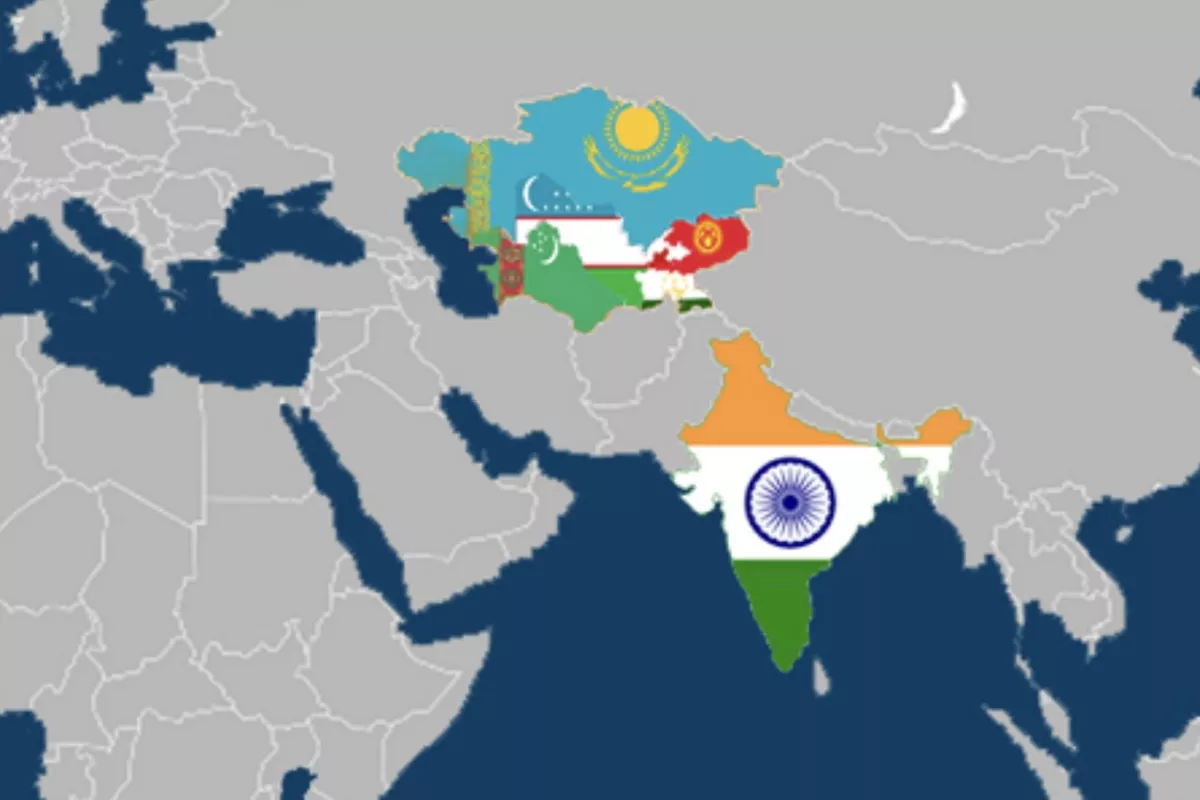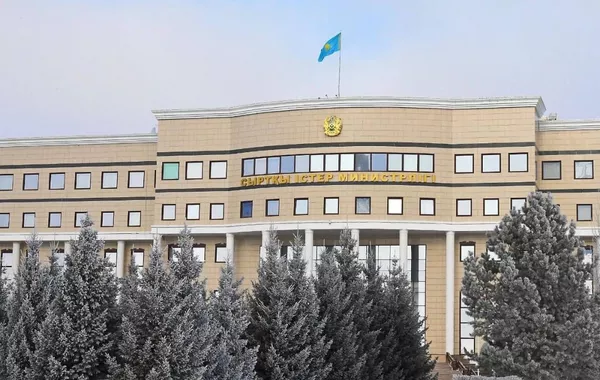
Photo credit: iasexpress.net
India's engagement with Central Asia is closely tied to its policy on Afghanistan, which, as of 2025, continues to play a central role in shaping regional dynamics.
Amid Afghanistan’s continued rule and shifting Eurasian landscape, New Delhi pursues a pragmatic mix of diplomacy, development, and cooperation. The restoration of India’s embassy in Afghanistan and stronger coordination with regional partners reflect an effort to stabilize both Afghanistan and Central Asia, The Caspian Post reports citing foreign media.
Afghanistan’s location as a gateway to Central Asia gives it leverage over trade and energy routes. India’s priorities-counterterrorism, connectivity, and regional integration-remain constant but have adapted to renewed instability and humanitarian challenges. India’s decision to upgrade its diplomatic presence signals conditional engagement based on mutual respect and assurances that Afghan territory will not be used against Indian interests. This «engagement without recognition» reflects cautious normalization across the region.
Security cooperation, especially counterterrorism, forms the core of India’s dialogue with Central Asia. At the 2025 Bishkek meeting of national security advisers, India and the five Central Asian republics discussed shared threats-terrorism, radicalization, and drug trafficking-aggravated by Afghanistan’s instability. India advocates intelligence sharing, capacity building, and joint counter-extremism measures, recognizing Central Asia’s exposure to spillover risks.
Militant networks and transnational groups operating in Afghanistan pose challenges to both Indian and Central Asian stability. Through platforms such as the India-Central Asia Dialogue, New Delhi promotes coordinated responses-strengthened borders, prevention of radicalization, and disruption of illicit flows-emphasizing that Afghan stability is a shared regional responsibility.
India’s infrastructure and connectivity projects remain vital to its Eurasian vision. Corridors like Chabahar-Zaranj-Delaram, developed with Iran, and the India-Afghanistan Air Freight route illustrate efforts to open trade beyond Pakistan. Humanitarian projects-hospitals, schools, and aid initiatives-enhance India’s soft-power presence and long-term influence.
India’s engagement with Afghanistan and Central Asia demonstrates an adaptive, balanced foreign policy grounded in cooperation and development. By restoring its mission, deepening partnerships, and investing in connectivity, New Delhi reaffirms its role as a responsible regional stakeholder. Its flexible strategy seeks a stable, interconnected Eurasia where Afghanistan’s peace serves as both foundation and driver of broader transformation.
Share on social media
